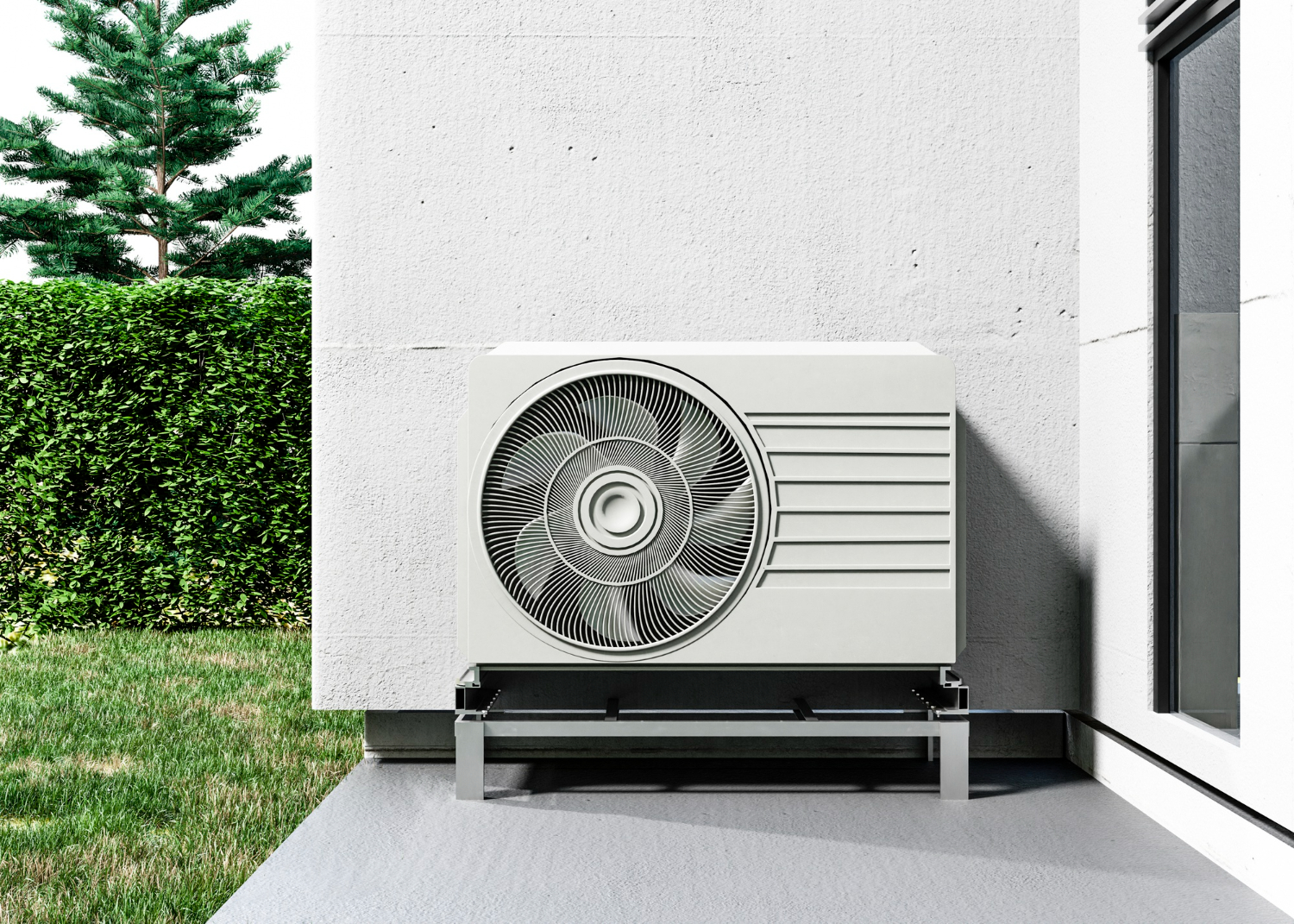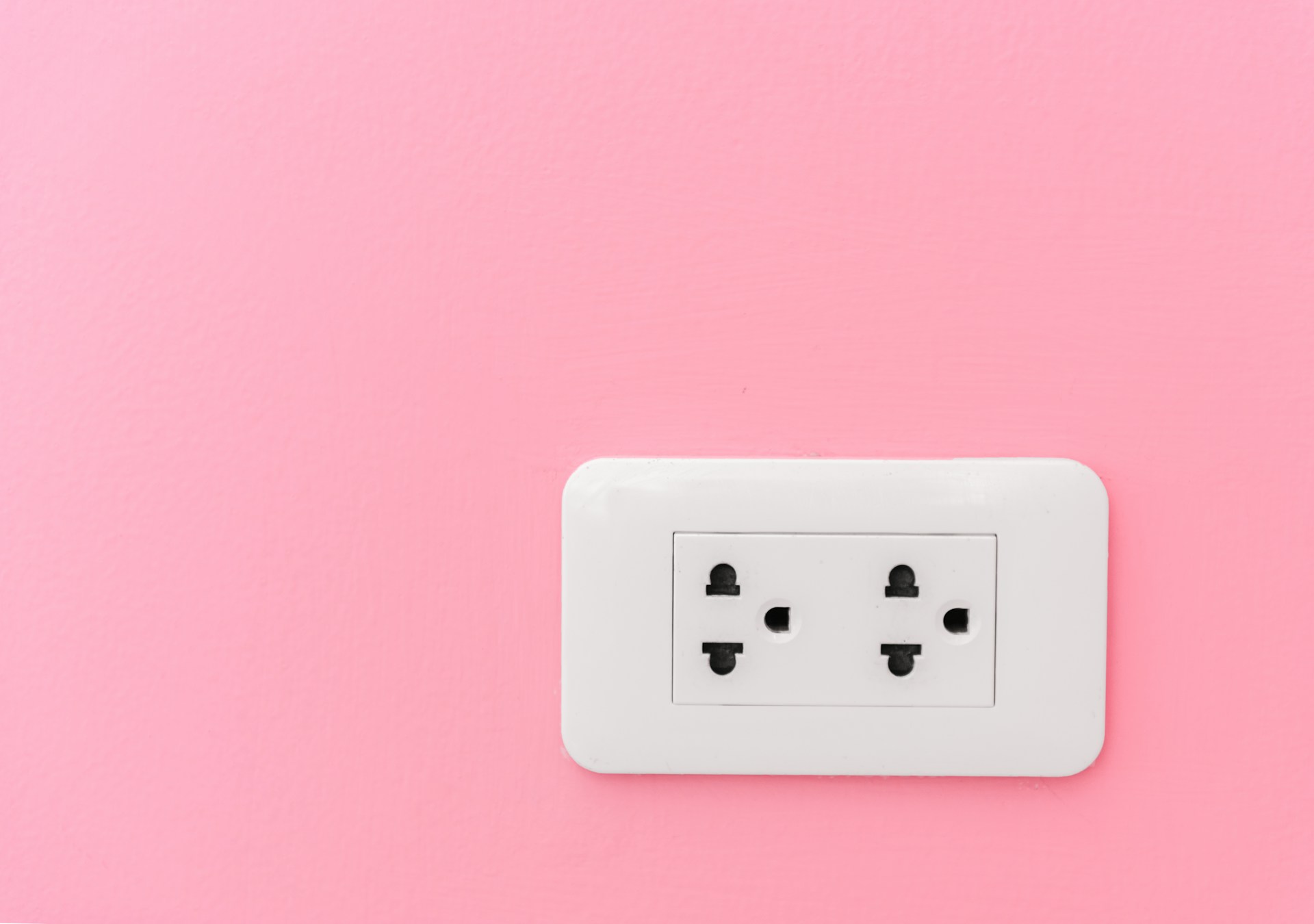
Generator Automatic Transfer Switch Delays: Why Your Power Isn't Switching

If your standby generator hasn't kicked on during a power outage, you might assume the generator itself is the problem. But often, it’s the automatic transfer switch (ATS) that’s causing delays. This small, behind-the-scenes device is what tells the generator when to start and when to shift your home’s power load over. When it fails or lags, you’re left in the dark—literally.
For homeowners in Concord who rely on backup power, especially during high heat days or unexpected outages, these delays can be more than a minor inconvenience. Households with medical equipment, refrigerated food, or young children can’t afford waiting minutes for power to return. Understanding why these delays happen and what to watch for helps prevent bigger issues down the line.
How an Automatic Transfer Switch Keeps Power Flowing
The ATS is the middleman between your home’s electrical panel and your generator. When the main power from the utility grid fails, the ATS senses the disruption and signals the generator to turn on. Once the power from the generator stabilizes, the switch transfers your home's electrical load to the generator. When grid power returns, the ATS shifts your house back and turns the generator off.
It's a fast process, normally taking just a few seconds. But if the transfer switch malfunctions, the response can be delayed, leaving your home without power until someone steps in to troubleshoot. During peak summer in Concord, a delay like this can result in food spoilage, overheated living spaces, or even safety risks if power doesn’t kick on when needed.
Common Reasons for Delayed Transfers
Your generator might be in great condition, but if something goes wrong with the ATS, everything else gets held up. Transfer switch delays can come from a few sources:
- Wiring issues: Loose or corroded wiring connections can slow the circuit’s response time.
- Old or damaged components: If the sensing mechanism weakens or parts of the switch degrade over time, it may lag in detecting outages.
- Overloaded circuits: If the generator or ATS is managing more than it’s designed for, it may take longer to process and handle the transition.
- Sensor lag: The internal system that detects power loss might not trigger the generator fast enough.
Even something as simple as poor installation or minor electrical imbalance can cause the switch to hesitate. For example, a homeowner in Concord once noticed their lights flickering for almost a minute before the generator engaged. A technician later traced it to a wiring misconnection that interrupted the ATS signal.
These issues may seem small but can interfere with your generator’s entire backup power process. Recognizing the causes early makes troubleshooting easier and prevents longer outages when you least expect them. Knowing what might be going wrong with the switch also guides better decisions when looking into proper servicing or upgrades.
Signs Your Generator's ATS May Be Delayed
When your automatic transfer switch doesn’t act quickly, the signs can appear right away, especially during an outage. While some issues may be subtle, others are easy to spot and knowing what to look for helps you address problems before they get worse.
Common signs include:
- Lights flickering or dimming during a loss of power, then slowly returning after the generator engages
- A pause or noticeable delay between the power outage and when the generator starts running
- Power briefly turns on, then off again before stabilizing
- Electronics or appliances rebooting multiple times during a transition
- A generator that seems to be running normally but isn’t supplying power right away
If any of these happen during a power loss in your Concord home, the generator itself may not be the issue. Often, the ATS is either misreading the outage or lagging in transferring power correctly. These warning signs mean it's time to have the system checked by someone with training in automatic transfer switches. While it may seem like a simple glitch, the delay could point to an underlying electrical loading problem or a faulty switch relay.
How to Prevent ATS Power Delays
Keeping your generator system reliable means taking preventive steps to reduce the chance of delay. These aren’t fixes you can perform on your own. Issues inside an ATS involve live current and sensitive electrical hardware. Here’s what should be in place to keep your system ready to go when your power cuts out:
1. Schedule regular inspections – An annual or biannual check ensures all mechanical and electrical parts are functioning properly.
2. Replace old or corroded ATS components – Aging parts lose sensitivity or fail outright. Replacing them before they stop working helps avoid outages.
3. Practice proper load management – Avoid powering more than your generator is designed to handle. Too much demand can slow the ATS response or overload the system.
4. Let our professionals make adjustments – From verifying wiring connections to resetting delay timers, our technicians can catch potential issues that homeowners don’t typically see.
Stability comes down to good timing. If your transfer switch responds too slowly, you risk outages lasting longer than necessary. Generators are meant to kick in fast and avoid disruptions. Any hesitation is a sign that something’s not syncing the way it should.
Reliable Backup Power in Concord
Backup power can protect your home during electrical outages, but only when every part of the system works on time. The ATS is one of the main pieces responsible for making that switch seamless. Without it working properly, even a strong generator won't restore your lights or appliances right away.
In Concord, where extreme heat and unplanned utility interruptions are more common during the summer, delays in backup power can snowball into larger problems like spoiled food, overheated rooms, or failed devices. No homeowner wants to second-guess whether their generator will actually respond when needed. That starts with making sure the ATS is maintained and ready for the job.
Addressing transfer switch delays isn’t just about fixing something that's broken. It’s about preventing gaps in power when it matters. Whether dealing with short lag times or complete failures to transfer power, a proactive inspection and tune-up is the smart step for any homeowner relying on a Generac generator installation in Concord.
Ensure your backup power system is always ready by addressing any automatic transfer switch issues early, so you can avoid extended outages during power failures. A single inspection may reveal wiring defects or component problems that could lead to delays when you need power most. Green Air Heating and Air Conditioning, Inc understands the importance of keeping your system dependable in Concord. Learn how a properly maintained setup through our Generac generator installation in Concord can help prevent disruptions when it matters most. For a quick estimate or to book a service visit, please contact us today.
Customer Testimonials
Our clients love the energy solutions we provide!
Ready to Transform Your Home?
















